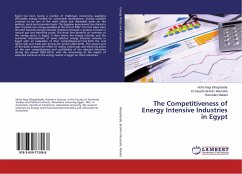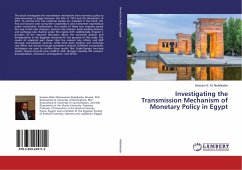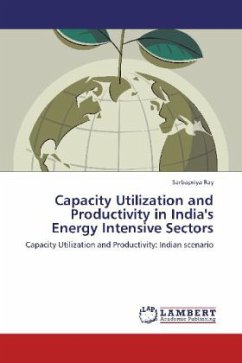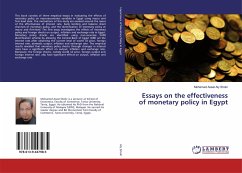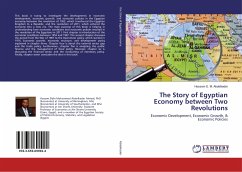Egypt has been facing a number of challenges concerning supplying affordable energy needed for sustainable development. Energy subsidies continue to be one of the main critical and debatable issues on the political, social and economic levels. The Egyptian government has started a plan to phase out energy subsidies at the end of 2007. The first steps were directed towards energy intensive industries through a gradual increase in natural gas and electricity prices. This book first presents an overview of the energy sector in Egypt. It then shows the energy intensity and the economic characteristics of some selected energy intensive industry in Egypt with an evaluation of their competitiveness from both the cost (price) side and trade side during the period (2001-2013). The second part of this book analyzes the effect of raising natural gas and electricity prices on the cost competitiveness and profitability of the selected industries during the period (2007-2013), with the forecasting of the impact of expected scenarios in the energy market in Egypt on those industries.
Bitte wählen Sie Ihr Anliegen aus.
Rechnungen
Retourenschein anfordern
Bestellstatus
Storno

